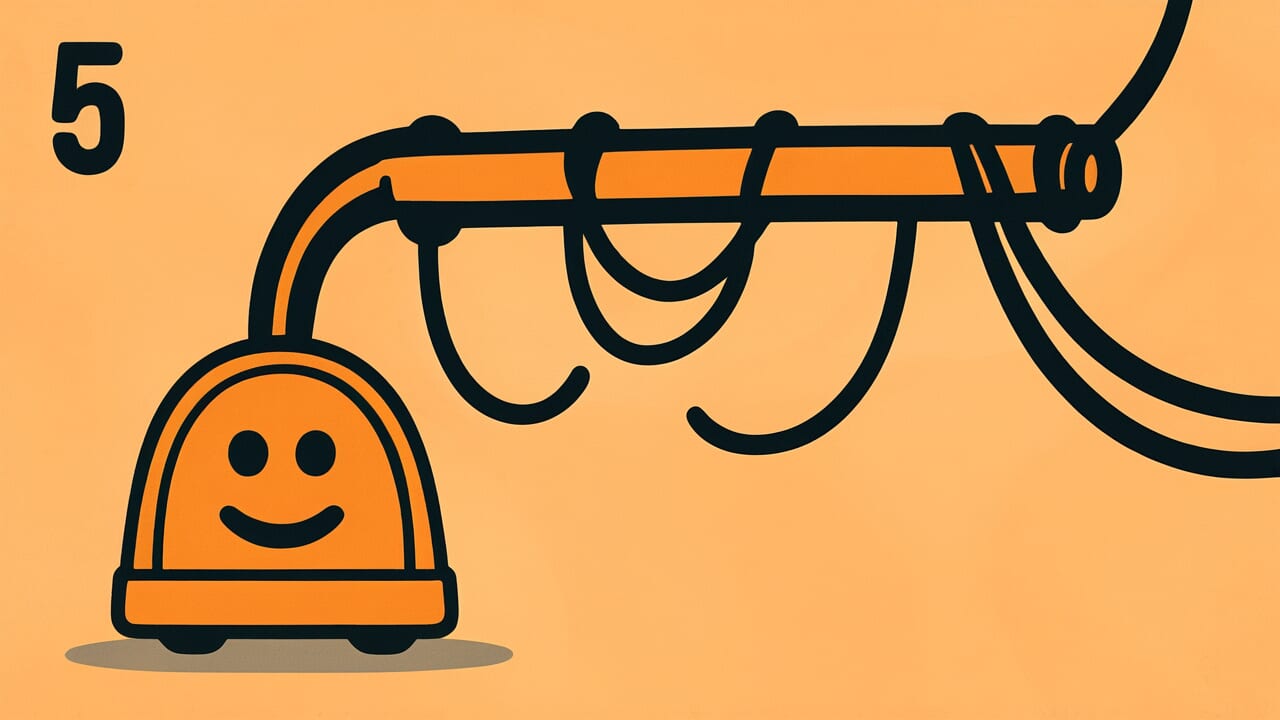How to Read “Strings and life are better when long”
Himo mo inochi wa nagai ga yoi
Meaning of “Strings and life are better when long”
This proverb means that both strings and life have more value and usefulness when they are long.
A long string can be used for many different purposes. You can cut it and adjust it as needed. A short string might not be enough for your needs, but a long string never causes problems.
The same applies to human life. The longer you live, the more experiences you gain. You acquire wisdom and have more chances to achieve what you want to do.
This proverb shows that length itself has value. People use it when talking about the importance of living a long, healthy life. It also appears when discussing how we should prepare things with extra margin.
The saying conveys a simple but profound truth. You might regret having something too short, but you’ll never regret having it too long.
Origin and Etymology
Unfortunately, detailed records about the exact origin of this proverb don’t seem to exist. However, the structure of the phrase shows it contains concentrated wisdom from Japanese daily life.
The focus on strings as an everyday tool is quite interesting. Before and during the Edo period, strings were used in every aspect of Japanese life. People used them to fasten clothing, bundle items, and carry loads.
A short string limits what you can do with it. But a long string offers many possibilities. You can cut it when needed or use it at full length. A long string expands your options.
The brilliance of this proverb lies in pairing strings with life itself. Life, too, offers more when it’s longer. You can have more experiences, meet more people, and accomplish more things.
You might struggle with something too short, but never with something too long. By placing these two things side by side, our ancestors found a clear way to communicate the value of length.
Speaking of a practical tool and life itself in the same breath made this teaching feel real and grounded. This is why people have embraced it for generations.
Usage Examples
- You should estimate the budget a bit higher. After all, strings and life are better when long.
- You should get your health checkup every year even if it’s a hassle. They say strings and life are better when long.
Universal Wisdom
This proverb has been passed down through generations because it addresses fundamental human anxieties and hopes. We constantly live with the fear of “not having enough.”
Not enough time, not enough money, not enough preparation. And we know that once we lose something, we can never get it back.
By using an everyday item like string as an example, this truth becomes understandable to everyone. Many people have struggled trying to tie something with a string that was just too short.
The regret of “if only it were a bit longer” or “if only I had a bit more margin” visits us in every aspect of life.
By pairing this with life—the most irreplaceable thing of all—the proverb gains weight beyond simple practical advice. Every human being wishes for more time, for a longer life.
Unfinished tasks, people we want to see, landscapes we want to witness. The length of life is the breadth of possibility itself.
This proverb teaches the value of having margin. Not cutting it close, but going a bit longer, a bit more. That margin becomes preparation for unexpected situations and creates space for new possibilities.
Our ancestors conveyed the importance of blank space in life through simple words.
When AI Hears This
In engineering, longer strings mean more connection points and material fatigue points, which increases failure rates. Basic reliability engineering formulas show that system reliability equals the product of each component’s reliability.
As components increase, overall reliability decreases. For example, connecting ten components with 99% reliability each drops system reliability to about 90%.
Yet this proverb says longer strings are better. This seems to contradict engineering logic, but it actually speaks to a different concept of reliability: “operational adaptability.”
A short string may have fewer failure points, but it’s completely useless in unexpected situations. A long string lets you retie it, wrap it twice, or use the extra portion for something else.
Japanese practical wisdom valued field applicability over component perfection. This is the essence of redundancy. Like carrying spare engines on aircraft, having surplus lets you handle unexpected troubles.
This proverb represents a flexibility-focused reliability philosophy. It chooses “a versatile string with some waste” over “a perfectly short, designed string.”
Lessons for Today
Modern life pushes us to pursue efficiency and optimization so intensely that we cut away all margin. Schedules fill up minute by minute. Budgets get trimmed to the minimum. We try to get by with the least time and resources possible.
But this proverb shows us a different path.
Remember the importance of preparing a bit longer, a bit more in life. Having margin in your time, having margin in your savings, and above all, investing in health to build a body that can live long.
These aren’t wasteful. They’re investments that expand your possibilities.
The proverb’s teaching shines especially bright regarding health. Are you postponing health checkups because you’re busy? Are you cutting back on sleep?
Life is better when long. It sounds obvious, yet we forget this truth in our daily choices. One hour of exercise today might create ten years in your future.
Margin isn’t luxury. It’s a necessity that enriches life. Keep the string of your life as long and as rich as possible.



Comments